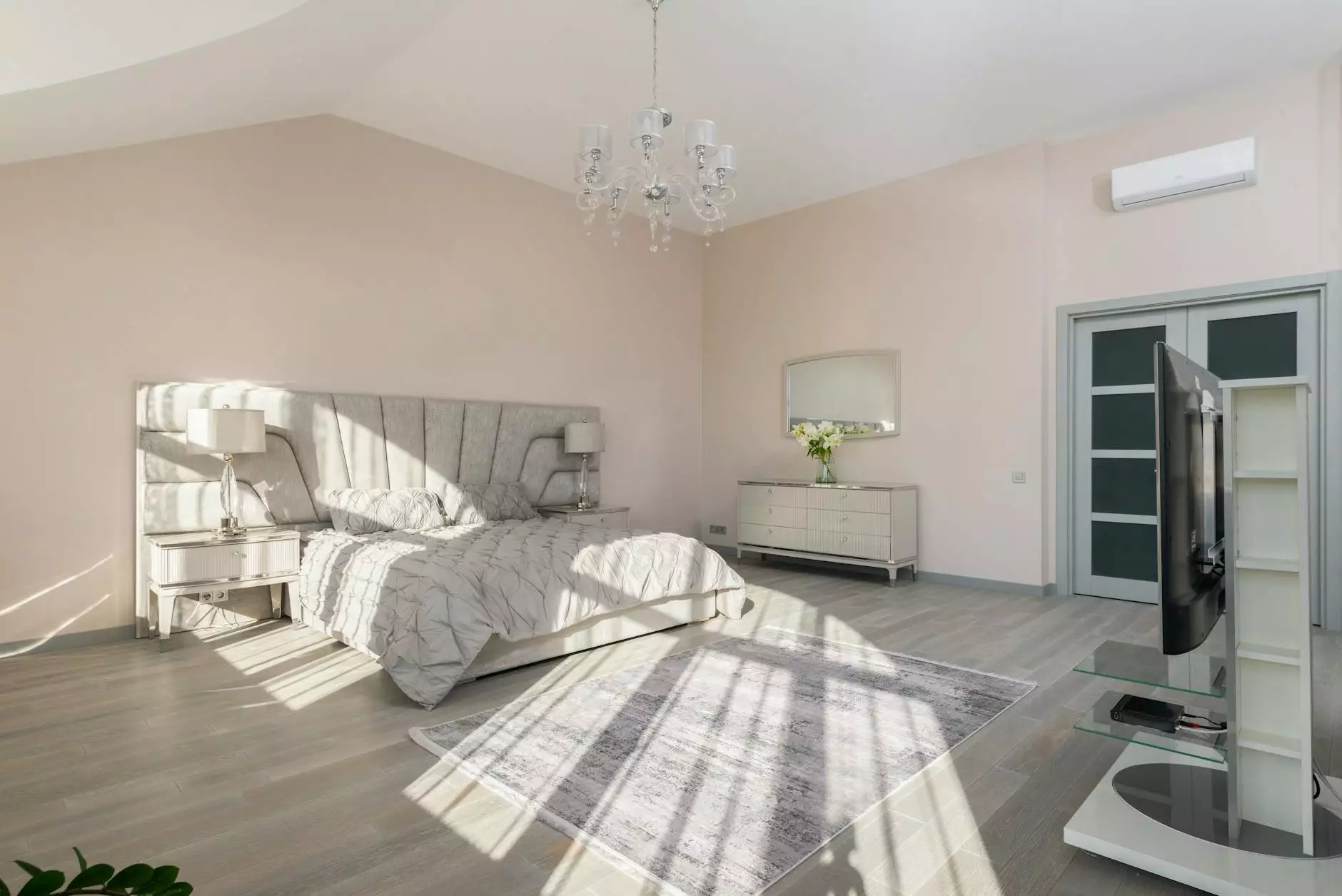The Ultimate Guide to Purchase Air Conditioner for Your Business

Running a successful business requires a keen understanding of how to create a comfortable environment for both your employees and customers. One essential element of this comfort is the right HVAC system, particularly when you consider the summer heat and the demands of temperature control. In this extensive article, we will delve into everything you need to know to purchase air conditioners that meet the unique needs of your business.
Understanding Your Business's Cooling Needs
When it comes to purchasing air conditioners, the first step is assessing your specific cooling requirements. Here are several key factors to consider:
- Size of the Space: Measure the square footage of the area that needs cooling. This is crucial because the size directly impacts the cooling capacity required from your air conditioning unit.
- Number of People: The more people that occupy a space, the more heat is generated. Factor in the average number of employees and any customers that may be present during peak hours.
- Heat Sources: Identify any heat-generating equipment, such as computers or machinery. These can raise the temperature significantly and should be considered in your calculations.
- Insulation Quality: A well-insulated building can retain cool air more effectively, impacting the type and efficiency of the air conditioner needed.
- Climate Factors: Consider the regional climate where your business is located, as this influences the type of system that will perform best.
Types of Air Conditioning Systems Available
Choosing the right type of air conditioning system is crucial for creating a conducive work environment. Here are several common options to consider when you intend to purchase air conditioner units:
1. Central Air Conditioning
Central air conditioning systems circulate cool air throughout your entire business via ductwork. This is ideal for larger spaces that require consistent cooling throughout. They are effective yet often more expensive to install and maintain.
2. Ductless Mini-Split Systems
Ductless systems are an excellent choice for smaller spaces or for those who do not have existing ductwork. These systems consist of an outdoor compressor and indoor air-handling units. They provide flexibility as you can control the temperature in each zone individually.
3. Window Units
For businesses on a budget, window units are a practical solution. They are easy to install and can cool a single room effectively. However, their capacity is limited, making them less suitable for larger areas.
4. Portable Air Conditioners
Portable air conditioners are versatile and can be moved from room to room as needed. While they offer flexibility, they are generally less efficient and have a lower cooling capacity compared to other options.
How to Choose the Right Air Conditioner
Purchasing the right air conditioning system involves careful consideration of several factors:
1. Energy Efficiency Ratings
Look for models with high SEER (Seasonal Energy Efficiency Ratio) ratings. A higher SEER rating means better energy efficiency, which translates to lower energy bills.
2. Cost and Budget
Establish a budget that includes both the upfront costs and long-term operational costs. Remember to factor in installation, maintenance, and potential repairs into your purchase decision.
3. Brand Reputation
Research different brands and their reputations. Look for those known for quality and customer satisfaction. Reading reviews can help you gauge the reliability and performance of various systems.
4. Warranty and Support
Choose an air conditioning unit that comes with a strong warranty and reliable customer support. This ensures that you have assistance if any issues arise post-purchase.
The Purchasing Process
Now that you've evaluated your cooling needs and chosen the type of system that best suits your business, you need to follow a structured purchasing process:
1. Research and Gather Quotes
Start by compiling a list of potential HVAC suppliers. Request quotes and make sure to ask about installation fees, warranties, and after-sales support.
2. Consult with Professionals
Engaging an HVAC professional can provide valuable insights for your specific situation. They can help recommend the most efficient system based on detailed calculations and assessments.
3. Schedule Installation
Once you've made your choice, schedule a professional installation. Proper installation is crucial for ensuring the efficiency and longevity of your air conditioning system.
4. Regular Maintenance Plans
After installation, consider signing up for a maintenance plan. Regular maintenance will not only extend the life of your air conditioning unit but will also keep it running efficiently.
Conclusion: Investing in Comfort
In conclusion, properly assessing your business's cooling needs, selecting the right type of air conditioning system, and following a detailed purchasing process are key to ensuring a comfortable environment for employees and clients alike. By choosing to purchase air conditioner units wisely, you are investing in the long-term success and operational efficiency of your business.
Remember, the right air conditioning system not only provides comfort but also enhances productivity and creates a welcoming atmosphere for customers. As you consider your options, feel free to visit dihaairconditioning.com to explore high-quality HVAC solutions tailored for your business needs.
Call to Action
If you're ready to make a decision or simply need more information, contact us today at dihaairconditioning.com. Our team of experts is here to help you find the perfect air conditioning solution for your business needs!



